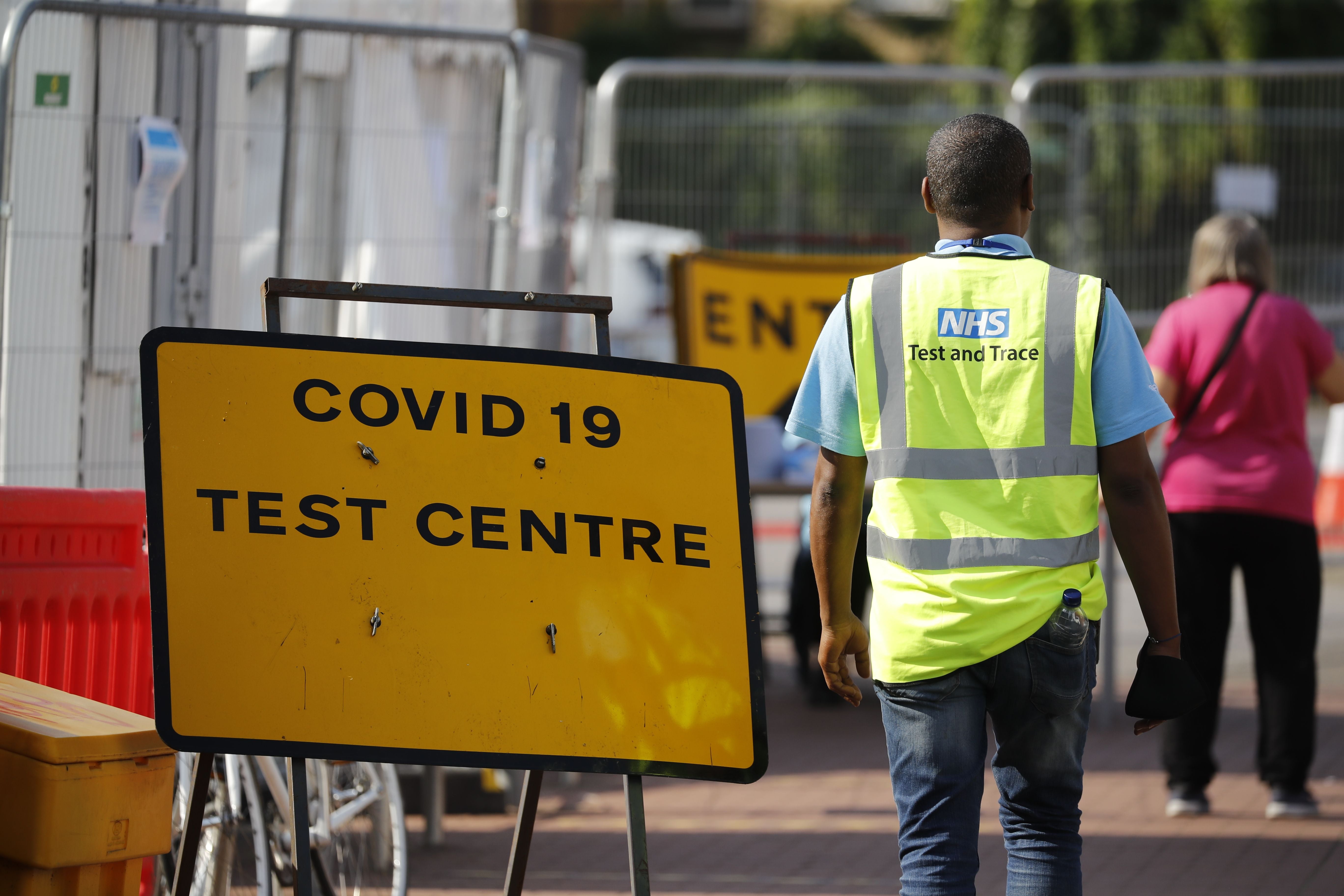Covid: Liverpool pilot scheme may be flawed as accuracy of new tests remains unknown
Tests come with manufacturer’s warning: ‘Negative results do not rule out infection’

Your support helps us to tell the story
From reproductive rights to climate change to Big Tech, The Independent is on the ground when the story is developing. Whether it's investigating the financials of Elon Musk's pro-Trump PAC or producing our latest documentary, 'The A Word', which shines a light on the American women fighting for reproductive rights, we know how important it is to parse out the facts from the messaging.
At such a critical moment in US history, we need reporters on the ground. Your donation allows us to keep sending journalists to speak to both sides of the story.
The Independent is trusted by Americans across the entire political spectrum. And unlike many other quality news outlets, we choose not to lock Americans out of our reporting and analysis with paywalls. We believe quality journalism should be available to everyone, paid for by those who can afford it.
Your support makes all the difference.Scientists have warned the government’s multi-million-pound plan to mass test everyone in Liverpool for Covid-19 in a bid to bring the virus under control may be fundamentally flawed — because the tests may not actually be accurate enough.
The rapid lateral flow tests set to be used in the scheme are so unproven they come with a manufacturer’s warning: “Negative results do not rule out infection”.
Epidemiologists have now told The Independent they fear thousands of people could receive the all-clear as part of the pilot when they are in fact positive, undermining the entire system.
“They are known not to have a very good sensitivity,” said Jon Deeks, professor of biostatistics at Birmingham University’s Institute of Applied Health Research. “They miss people.”
And he added: “One of the big problems is they miss people who have lower levels of virus. So people who have just become infected and are becoming more contagious — it may miss those and tell them they’re fine — and they go off with a false sense of security while actually spreading the infection.”
Crucially, just how often they are inaccurate remains unknown.
The only independent study carried out on the test’s effectiveness is thought to have been done by government scientists at Porton Down, with data not yet published.
“But that is a laboratory study anyway,” said Deeks. “Which makes it different to a study within a population setting.”
He pointed out that If just one per cent of results were so-called false negatives during the mass operation — which could see almost half a million people screened — it would potentially mean 5,000 people being told they do not have the virus when, in fact, they do.
That in turn could render data useless and make responding to outbreak clusters especially difficult.
The lateral flow tests are just one of three kinds of tests being used in the pilot but, because they have the quickest turn-around time and are especially easy to use, it is thought they will make up the largest majority of those carried out.
As such, the Institute of Applied Health Research now says it is attempting to persuade the Department of Health and Social Care to build in a study of the accuracy of the tests as part of the Liverpool pilot to prvent it being more widely rolled out without a fuller understanding of its potential limitations.
Deeks said: “Usually, if we are doing screening — which is what this is — we would involve our National Screening Committee and they go through the full evaluation to answer if it’s desirable because the tests can do more harm than good if they are giving out false readings.
“For this, this evaluation has not been done. We have experts in the country who could do it but the government has not asked them to. But it is crucial we understand the accuracy rates of these tests before we pin any hopes on it.”
The Department of Health and Social Care has been approached for comment.

Join our commenting forum
Join thought-provoking conversations, follow other Independent readers and see their replies
Comments